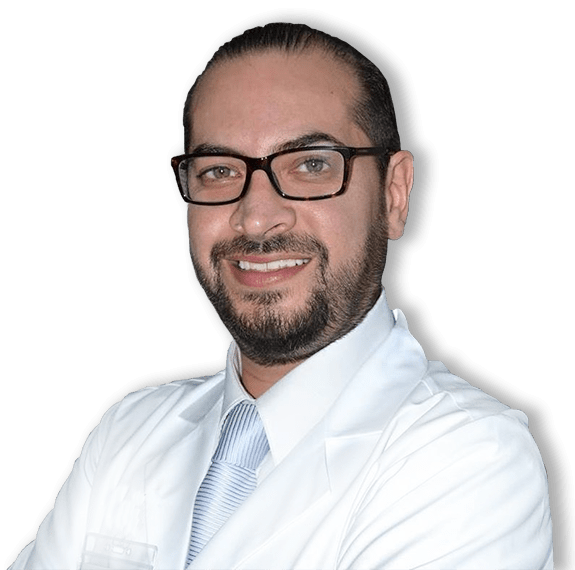Researchers induce egg development in infertile women
Using this technique, doctors at St. Marianna University Hospital in Kawasaki, Japan, collected eggs from five women with primary ovarian failure.

Researchers induce egg development in infertile women
Using this technique, doctors at St. Marianna University Hospital in Kawasaki, Japan, collected eggs from five women with primary ovarian failure.
One of these women has had a child and another is pregnant, say the authors of the research published in the Proceedings of the American Academy of Sciences (PNAS).
Twenty-seven Japanese women participated in the experiment, and the researchers were able to collect mature eggs for in vitro fertilization from five of them.
Although this approach has not been tested in women with other forms of infertility, the authors plan to investigate whether those with early menopause caused by cancer treatments such as radiation or chemotherapy could also benefit and also ovarian response failure.
They also plan to test the technique in infertile women aged 40 to 45.
The process, which its inventors call "in vitro activation," requires removing part of an ovary for treatment before re-implanting it near the fallopian tubes, small ducts connecting the ovaries to the uterus.
The woman is then treated with hormones to stimulate the growth of specialized tissues in the ovaries called follicles in which the eggs develop.
"Women with primary ovarian failure go through menopause very early, before the age of 40," notes Dr. Aaron Hsueh, professor of gynecology at Stanford University School of Medicine in California and lead author of the study.
"Previous studies have shown that these women still have very small follicles, and although they no longer have a menstrual cycle, they were thought to still be treatable," he adds. "These results give us hope that this group of patients can be treated" successfully, Dr. Hsueh emphasizes.
"For these women with ovarian failure, egg donation was the only hope until then for having a child," notes Dr. Kazuhiro Kawamura, assistant professor of gynecology at St. Marianna University.
"Despite the fact that there is too little data available on this experimental treatment to guarantee a given success rate, the approach looks very promising for women who no longer produce eggs," judges Dr. Valerie Baker, chief of the division of endocrinology and infertility at Stanford Medical School, who was not involved in this work.
Other articles on the subject
How does egg donation work in Mexico?
Secondary Infertility: Most Common Causes
Recommendations after an embryo transfer through egg donation
